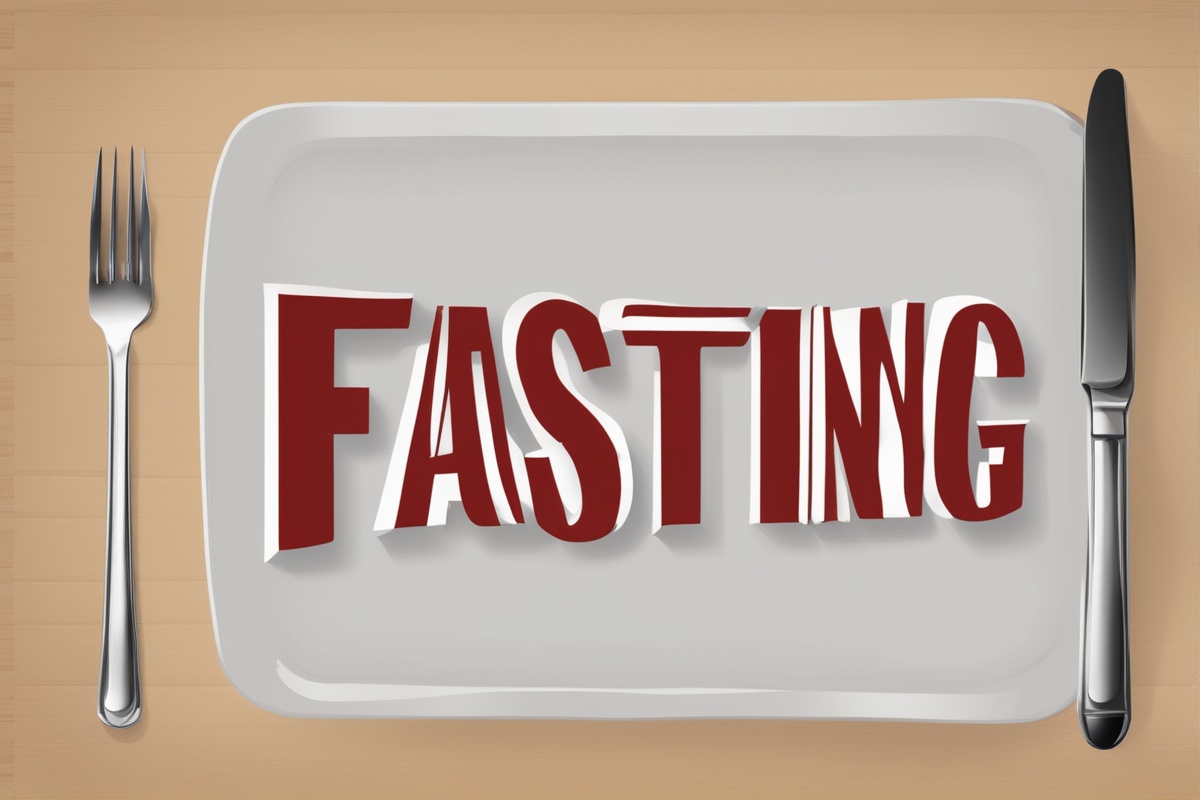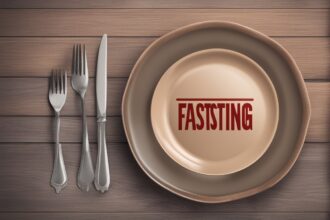Intermittent fasting (IF) has gained immense popularity as a dietary approach for weight loss, improved health, and better mental clarity. However, with its rise in fame, numerous myths and misunderstandings have surfaced, often deterring people from trying it or causing them to practice it incorrectly. In this post, we’ll dive deep into the common misconceptions about intermittent fasting, debunking myths with science-backed information to help you make informed decisions about this lifestyle choice.
What Is Intermittent Fasting?
Before addressing the myths, let’s briefly clarify what intermittent fasting entails. IF is not a diet but a pattern of eating that alternates between periods of fasting and eating. Popular methods include the 16/8 method (fast for 16 hours, eat during an 8-hour window) and the 5:2 diet (eat normally for 5 days, restrict calories on 2 days). Despite its simplicity, many people harbor false beliefs about IF, which we’ll explore below as we tackle the common misconceptions about intermittent fasting.
Myth 1: Intermittent Fasting Means Starving Yourself
One of the most pervasive myths is that intermittent fasting equates to starvation. This is far from the truth. IF is about timing your meals, not depriving yourself of food. During fasting windows, you abstain from eating, but during eating windows, you’re encouraged to consume nutrient-dense meals that meet your caloric and nutritional needs. Studies show that IF can be as effective for weight loss as traditional calorie restriction without the feeling of constant hunger. The key is to plan balanced meals, ensuring you’re not under-eating. For more on crafting a balanced IF plan, check out our guide on How to Start Intermittent Fasting Safely.
Myth 2: Intermittent Fasting Slows Down Your Metabolism
Another common misconception about intermittent fasting is that it slows metabolism, leading to weight gain over time. This myth likely stems from misunderstandings about starvation mode, where the body supposedly conserves energy during prolonged food scarcity. However, research indicates that short-term fasting, as practiced in IF, can actually boost metabolic rate by increasing norepinephrine levels, a hormone that enhances fat burning. Far from slowing metabolism, IF may help optimize it when done correctly. If you’re curious about metabolism and fasting, read our detailed post on Fasting and Metabolic Health.
Myth 3: You Can Eat Anything During Eating Windows
Many believe that since IF focuses on when you eat rather than what you eat, you can indulge in junk food during eating windows without consequences. This is a dangerous misunderstanding. While IF offers flexibility, the quality of food matters immensely. Consuming high-calorie, low-nutrient foods can negate the benefits of fasting, such as improved insulin sensitivity and weight loss. Instead, prioritize whole foods like vegetables, lean proteins, and healthy fats. For meal inspiration, explore our article on Healthy Meal Ideas for Intermittent Fasting.
Myth 4: Intermittent Fasting Is Unsafe for Women
A widely circulated myth is that intermittent fasting is unsafe for women due to potential hormonal disruptions. While it’s true that women’s bodies may respond differently to fasting due to reproductive hormones, there’s no evidence that IF is inherently harmful when approached mindfully. Some studies suggest that women might benefit from shorter fasting windows or less frequent fasting days to avoid stress on the body. Consulting a healthcare provider before starting IF is always wise, especially for pregnant or breastfeeding women. Learn more about tailored fasting approaches in our piece on Intermittent Fasting for Different Lifestyles.
Myth 5: Intermittent Fasting Causes Muscle Loss
Many fitness enthusiasts shy away from IF, fearing it will lead to muscle loss. This is another of the common misconceptions about intermittent fasting that needs clarification. When done properly, IF does not cause muscle breakdown. In fact, fasting can increase growth hormone levels, which support muscle preservation. Pairing IF with resistance training and adequate protein intake during eating windows can further protect muscle mass. Research shows that muscle loss is more likely with extreme calorie deficits, not structured fasting. For tips on combining IF with exercise, see our guide on Fasting and Fitness: A Perfect Pair.
Myth 6: Intermittent Fasting Is a Quick Fix for Weight Loss
Finally, some view IF as a magic bullet for rapid weight loss, expecting overnight results. This misconception sets unrealistic expectations. While IF can be effective for weight management, it’s not a one-size-fits-all solution or a quick fix. Sustainable weight loss with IF requires consistency, patience, and often lifestyle adjustments beyond just fasting. Factors like stress, sleep, and overall diet play significant roles in outcomes. Approaching IF as a long-term strategy rather than a fad diet yields the best results.
Disclaimer: The information provided in this article is for educational purposes only and should not be considered medical advice. Intermittent fasting may not be suitable for everyone, including individuals with certain medical conditions, pregnant or breastfeeding women, or those with a history of eating disorders. Always consult a healthcare professional or registered dietitian before starting any new dietary regimen to ensure it aligns with your individual health needs.
References
- Anton, S. D., et al. (2018). Flipping the Metabolic Switch: Understanding and Applying the Health Benefits of Fasting. Obesity (Silver Spring).
- de Cabo, R., & Mattson, M. P. (2019). Effects of Intermittent Fasting on Health, Aging, and Disease. New England Journal of Medicine.
- Harvard Health Publishing. (2018). Intermittent Fasting: Surprising Update.
- Varady, K. A., et al. (2018). Alternate Day Fasting for Weight Loss in Normal Weight and Overweight Subjects: A Randomized Controlled Trial. Nutrition Journal.
- Mayo Clinic. (2021). Intermittent Fasting: Does It Have Health Benefits?
This content is for informational purposes only and not a substitute for professional advice.






